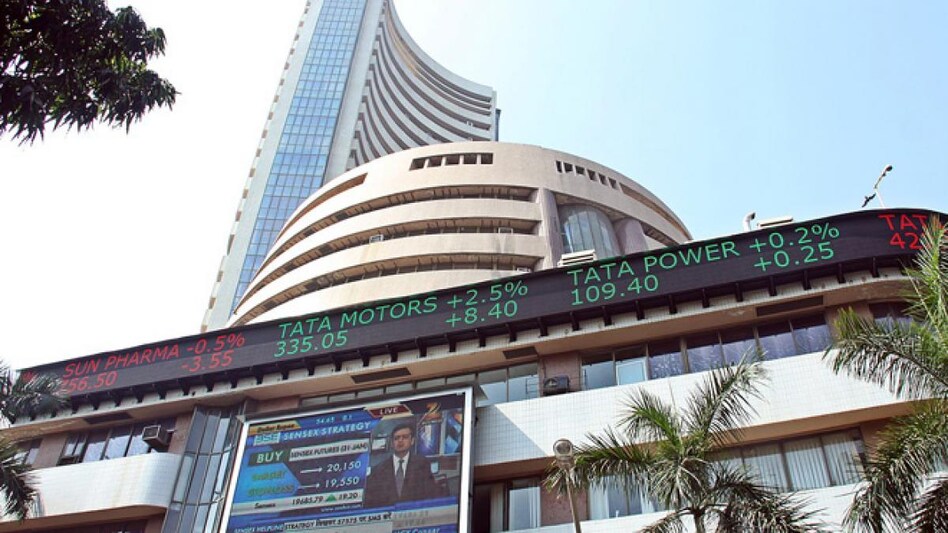
BSE Shares Decline 17% After Sebi Order; Biggest Single-Day Decline Since Listing


Key Points
- BSE's share price drops 17% after SEBI's directive.
- SEBI instructs BSE to pay regulatory fees based on notional value of options contracts.
- Analysts estimate demand for higher fees could reduce BSE's earnings per share by 15-18%.
- BSE evaluating validity of SEBI's claim; total differential regulatory fees could amount to Rs 68.64 crore plus GST.
- Jefferies downgrades BSE's stock rating; higher regulatory fee could limit short-term growth potential.
- BSE exploring strategies to mitigate negative impact on financials.
- Despite challenges, BSE remains optimistic about future prospects.
Introduction
- Bombay Stock Exchange (BSE) experiences a 17% drop in share price.
- This follows a directive from Securities and Exchange Board of India (SEBI).
SEBI's Directive

- SEBI instructs BSE to pay regulatory fees based on notional value, not premium value.
- Notional turnover refers to total strike price of each contract traded in derivatives.
- Premium turnover refers to total premium paid on all contracts traded.
- SEBI demands total regulatory fees with 15% interest based on annual turnover, considering notional value of options contracts.
Financial Impact
_67531.png)
- Analysts estimate demand for higher fees could reduce BSE's earnings per share by 15-18%.
- Derivatives contribute around 40% of BSE's estimated net profits for FY25 and FY26.
BSE's Response
- BSE is evaluating the validity of SEBI's claim.
- Total differential regulatory fees from FY 2006–07 to 2022–23 could amount to approximately Rs 68.64 crore plus GST, including Rs 30.34 crore in interest.
- For FY24, regulatory fee payment due on April 30, 2024.
- BSE has already paid premium-based fee of approximately Rs 1.66 crore plus GST but may owe additional Rs 96.30 crore plus GST if found liable.
Market Impact
- Jefferies downgrades BSE from "Buy" to "Hold" and reduces target price for BSE's stock to Rs 2,900 from Rs 3,000.
- Higher regulatory fee could limit BSE's short-term growth potential.
- SEBI's directive might reduce BSE's EPS by 15-18%.
Future Strategies
- BSE exploring strategies like potential price hikes and improvements in premium quality.
- Aim to mitigate negative impact on financials while maintaining market position and regulatory compliance.
Overview :
- Despite challenges, BSE remains optimistic about future prospects.
- Will navigate challenges while ensuring regulatory compliance and market stability.
We have a dedicated team of three passionate individuals working tirelessly to bring you the news you need. Our team is led by Kaushalendra, the visionary owner and founder of Newshaq, who is committed to simplifying news delivery. Alongside Kaushalendra, we have two other team members who are equally dedicated to our mission of making news accessible and understandable for all.























Post Comment